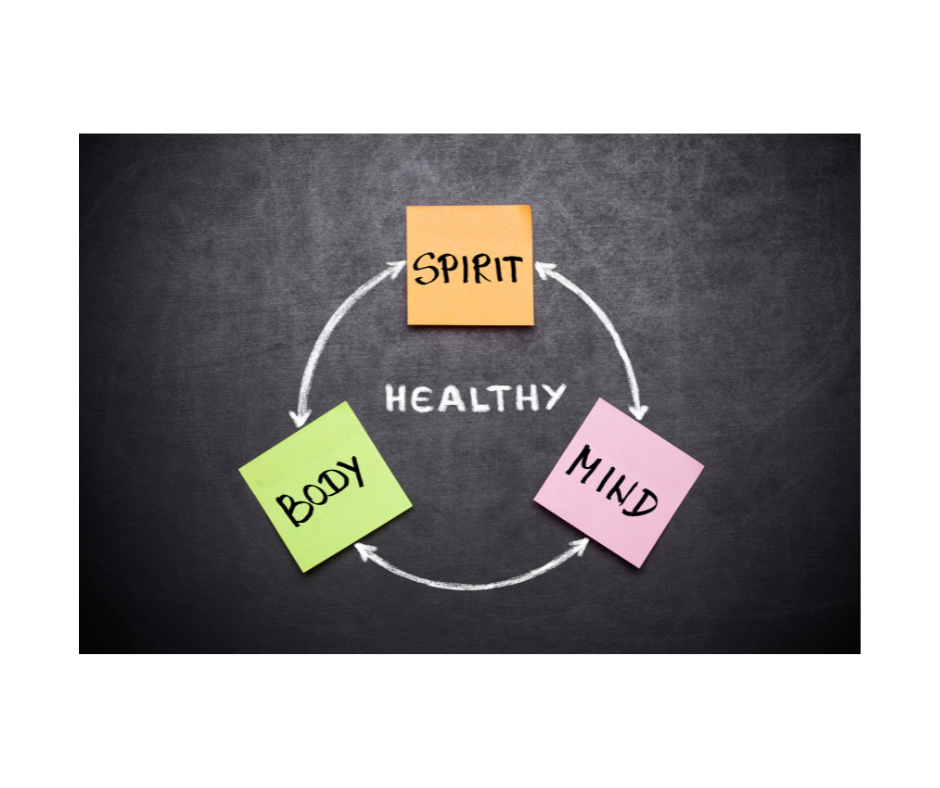The hurtful things that people say and some tips on how to handle them
A holistic approach to managing PCOS means seeing the whole person – mind, body and spirit.
A lot of my emails are about herbs and vitamins and the physiology of ovulation and fertility.
Let’s talk about the spirit piece of this syndrome.
I’m not talking about religion or belief, but about your mood, your emotions, the non-physical part of you. It’s our consciousness, mental health, vitality and presence in the world. In Chinese medicine we call it the Shen and we’re trained to observe it through our patients’ eyes. Even the scientific community knows that the mind and body are connected.
Tending to our spirit is part of tending to our bodies.
In addition to the stress of irregular menstruation, learning to understand and manage what may be the first medical diagnosis you’ve ever had may be overwhelming. There’s the disappointment of struggling with fertility and feeling all of the negative feelings associated with that. But there are also external forces that can impact us and one of those is insensitive or ignorant people.
They say things like,
“When are you going to have kids?”
“Just keep trying.”
“Maybe you should adopt”
“Have you tried _________?”
“You’re not getting any younger”
Or one of the worst things my patients hear is, “Just relax.”
I remember when I was in grad school – a super stressful time in my life – and my husband and I were grocery shopping. We ran into an acquaintance who looked at me and said, “Oh! You’re pregnant! Congratulations!”. I wasn’t. I just had the classic PCOS belly. I remember feeling embarrassed and the rage that flashed across my husband’s face.
We’ve all been there.
Physiologically, neither anger nor sadness are particularly good for our health. Anger can increase the stress hormone cortisol while sadness can decrease dopamine leading to depression.
So here are a few tips for the next time someone says something ignorant and insensitive.
- Mindfulness. The first step is to be aware that you’ve been hurt or offended. With awareness you can choose your next steps. You can act rather than react.
- Take a deep breath. Before responding, you’re entitled to take a moment to compose yourself. Take a deep breath, count to 10, or excuse yourself to gather your thoughts.
- Assume positive intent. It’s important to remember that not everyone may be aware of your diagnosis or the challenges you struggle with. Instead of assuming malicious intent, give the person the benefit of the doubt and assume that they did not intend to be hurtful.
- Use “I” statements. When responding to an insensitive comment, try to use “I” statements to express how you feel. For example, saying “I felt hurt when you said…” instead of “You hurt me when you said…” can help convey your emotions without sounding accusatory or confrontational.
- Educate and communicate: If you feel comfortable, you can use the opportunity to educate the person about why their comment was insensitive and how it made you feel. You can do this in a respectful and non-judgmental manner, using facts and personal experiences to convey your perspective. This can help raise awareness and promote understanding.
- Practice self-care. Dealing with insensitive comments can take an emotional toll. It’s important to take steps to manage those emotions. You could take a walk, cuddle with a pet, soak in a hot bath, work on an art project, meditate or chant affirmations or even go for a nap!
Managing PCOS should be individualized for each woman, but a broad holistic approach will be the most sustainable for life. And that means including ALL of you – your mind, body and spirit.
To learn more about my approach to managing PCOS, schedule an appointment today by calling or texting Float Euphoria at 509-940-1888
